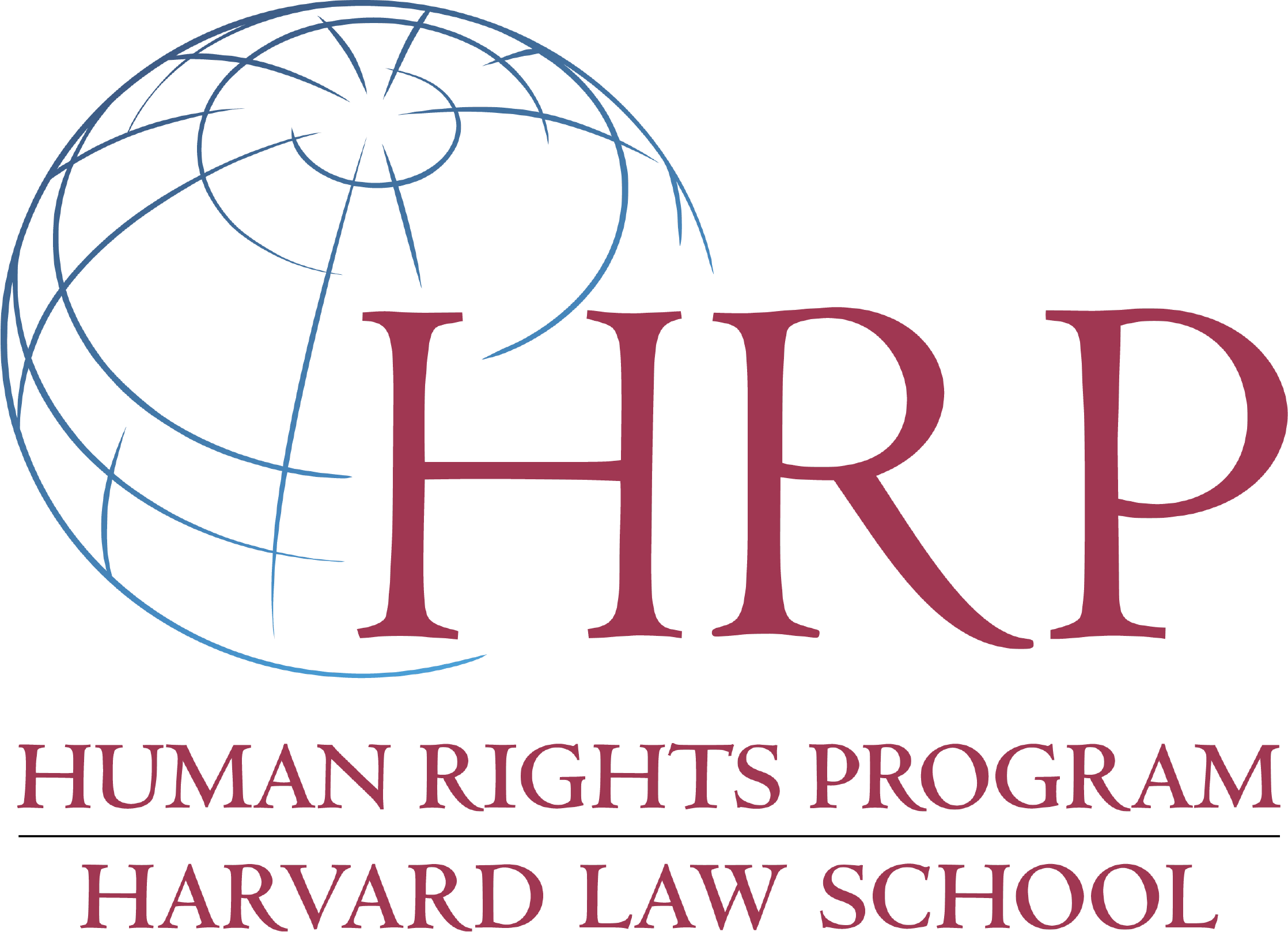In Memoriam: Detlev Vagts, Professor of International Law
The recent death of Professor Detlev Vagts has saddened all of us who knew him. He will be remembered and his life and work celebrated at a memorial service to be held at Harvard Law School tomorrow. Since I’ve known Detlev as a friend for a half century and collaborated with him on a coursebook, I was asked to speak at that service. My present remarks have a particular relevance for the Human Rights Program and those associated with it.
Detlev was principally known within the school and the larger scholarly community for his exceptional work in the fields of public international law, transnational law, and corporate law. Within that broad domain, his work gave particular attention to transnational business transactions and economic regulation, comparative law with an emphasis on Germany and more broadly Europe, and professional ethics. My brief observations here, however, concern his deep and ongoing commitment to the field of international human rights in its postwar development, and to human rights in general.
One can almost say that Detlev was born with a deep historical sensibility. His ancestry included distinguished, influential historians on both his parents’ sides. Surely he could have become an academic historian. He chose, however, law- briefly its practice, and for decades as an academician. But the historical sense and perspective was never far from the surface of his discussions with his students or colleagues, or of his writing. In some articles, it was the dominant perspective.
Never was that sensibility clearer than in the influence of the historical events of his own lifetime. Detlev’s parents fled Germany, his home country, and immigrated to the United States soon after the Nazis came to power in 1933 and started to impose their savagery and ideology. That Nazi period of 12 years of rule became an object of his intense study. So much of Detlev’s recurrent browsing through the library stacks seemed to come up with more information about the period. A few of his articles explored it through topics such as the transformed character of international law under Nazi rule.
Perhaps it was inevitable with a consciousness influenced by such early-life horrific events that the values of human respect and decency and the recurrent risks of humanity’s descent into barbarousness played so prominent a role. His conversation and writing ranged over issues as diverse as betrayal of the humanitarian laws of war, systemic corruption of fair legal process, and slim protection of individual privacy. Whatever its patent inadequacies, its surrender to practical and power politics, and its lack of backbone, the human rights movement drew his keen interest and support. The ideal aspirations at the core of its message were his own ideals.
In his last nine years as a professor emeritus, Vagts seemed to me to write and argue more forcefully for his convictions. For one example, he looked carefully at and criticized the various tendencies in U.S. domestic and foreign policy to protect against the world’s manifest threats and actions through excessive measures that did unnecessary damage to human rights. He argued for the greatest care in reducing or qualifying rights, whether to due process or to liberties of action, that the postwar human rights movement had brought to public consciousness.
Detlev joined the law school faculty during the postwar years when liberal internationalism had emerged as an important creed animating many of the teachers of international, transnational and comparative law. Well aware of the creed’s shortcomings and sometimes problematic premises, he explored its promise and problems and often took the same broad direction: work towards an international rule of law, multilateral cooperation and regulation, the willingness of states to contain their sovereign interests and powers within the strictures of the rule of law, the hope that through the evolving international norms, institutions and rhetoric a better world would emerge with a lesser likelihood of return to the dark, bitter periods that had marred human history. Detlev’s work made its strong contribution to such broad ideals and concrete goals.
